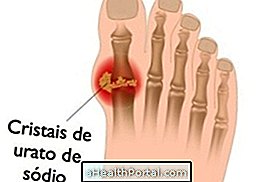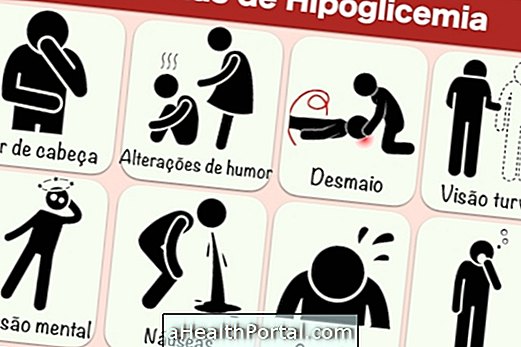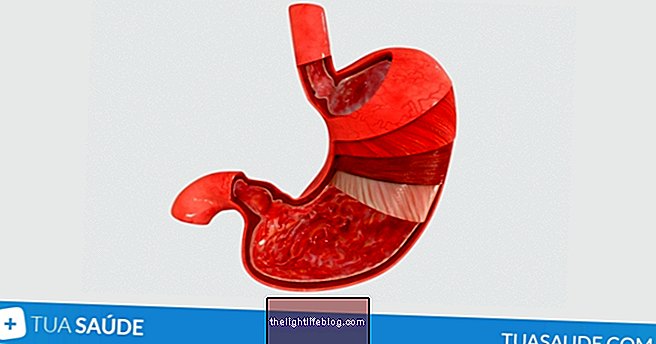Ataxia is a symptom characterized by a lack of coordination of movements of different parts of the body. It can have several causes, such as problems in the cerebellum, infections, hereditary factors, cerebral hemorrhages, malformations or accidents.
Generally, the individual with ataxia walks with open legs that, in the early days, only appears in complicated activities, like running or climbing stairs, but that in time evolves and appears in the simpler activities, like walking or talking.
Chronic ataxia has no cure but can be controlled to increase the quality of life of the patient. Thus, the individual should consult a neurologist doctor to initiate the appropriate treatment.
Types of ataxia
Some types of ataxia are:
- Cerebellar ataxia: lesions in the cerebellum and in its pathways caused by cerebral hemorrhage, tumor, infection or accidents;
- Friedreich ataxia: the most common type of hereditary ataxia that arises mainly in adolescence and causes deformities in the feet and curvatures in the spine;
- Spinocerebellar ataxia: A type of hereditary ataxia that usually arises in adulthood and causes muscle stiffness, memory loss, urinary incontinence, and progressive loss of vision;
- Ataxia talengiectasia: rare type of hereditary ataxia that begins in childhood and develops over time. Usually, the patient has weakened immune system;
- Sensory or sensory ataxia: caused by lesions on sensory nerves that lead the patient to not feel where their legs meet the body.
Depending on the type of ataxia, the patient may demonstrate different characteristics.
Treatment for ataxia
The treatment for ataxia is usually done with physiotherapy exercises that decrease the uncoordinated movements of the patient, while preventing muscle weakness or muscle stiffness.
In addition, it is recommended that the individual with ataxia perform occupational therapy that seeks to maintain as much independence as possible by teaching the patient to live with the gradual loss of movement by acquiring new skills to do daily activities.
In more severe cases of ataxia the neurologist may advise the use of antispasmodic and relaxing remedies, such as Baclofen or Tizanidine, or botox injections into the contracted muscles.


















